In Tribute: Chervis Isom ’62
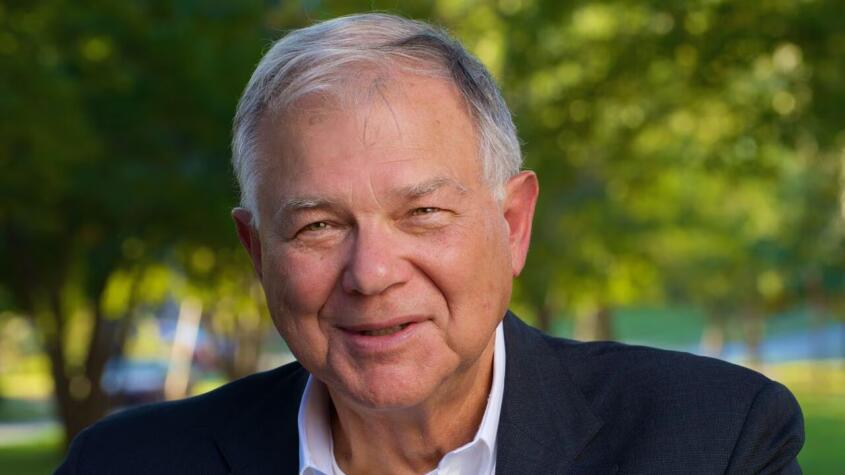
Deeply thoughtful, unswervingly honest, frankly confessional, inherently caring, and compassionate – those are the words that writer Mark Kelly used to describe Chervis Isom ’62 when he interviewed him in 2014 after the release of Isom’s memoir, The Newspaper Boy: Coming of Age in Birmingham, Alabama, During the Civil Rights Era.
Many others use similar words when remembering the life and legacy of Isom, who died on May 18, 2023, unexpectedly while in France on a family trip. Isom was a longtime civic leader in Birmingham, attorney, and author.
“He was a great proponent of diversity and equality,” Mayor Randall L. Woodfin told al.com.
Don Lupo, director of the Birmingham Mayor’s Office of Citizens Assistance, shared in a Facebook post that Isom “saw the good in us and worked tirelessly on overcoming the bad.”
Isom served as vice chairman of Four Spirits Inc., which spearheaded the creation and placement of the sculpture in Kelly Ingram Park memorializing the four little girls who were killed in the 1963 16th Street Baptist Church bombing.
Always a loyal supporter of BSC, he and his wife established the Chervis and Martha Isom Scholarship.
Isom was born in rural Franklin County, but his family moved to Birmingham and settled in Norwood when he was about 3. From age 13 to 18, Isom delivered newspapers throughout his neighborhood. In fact, he once admitted that he wasn’t a very good student because he was so focused on his paper routes.
“In a way, I was educated on the streets,” he shared in an interview. Coming of age in the Jim Crow era, Isom had no contact with Black people, but his paper routes changed that. And soon his interactions with Black residents began to change him. As he learned that Black people and white people were no different in their hopes and aspirations, he slowly started to unlearn the racist attitudes that culture had ingrained in him.
His book, The Newspaper Boy, details this transformation and much more. Isom started writing his stories not to be published but to share with his grandchildren. But soon he realized his stories could serve an even bigger purpose. He shared in interviews that he wanted the book to highlight the importance of community and to show older generations that they still have much to contribute. He also wanted to offer the book as a token of gratitude to people who helped him rise up from the racist attitudes of the Jim Crow era.
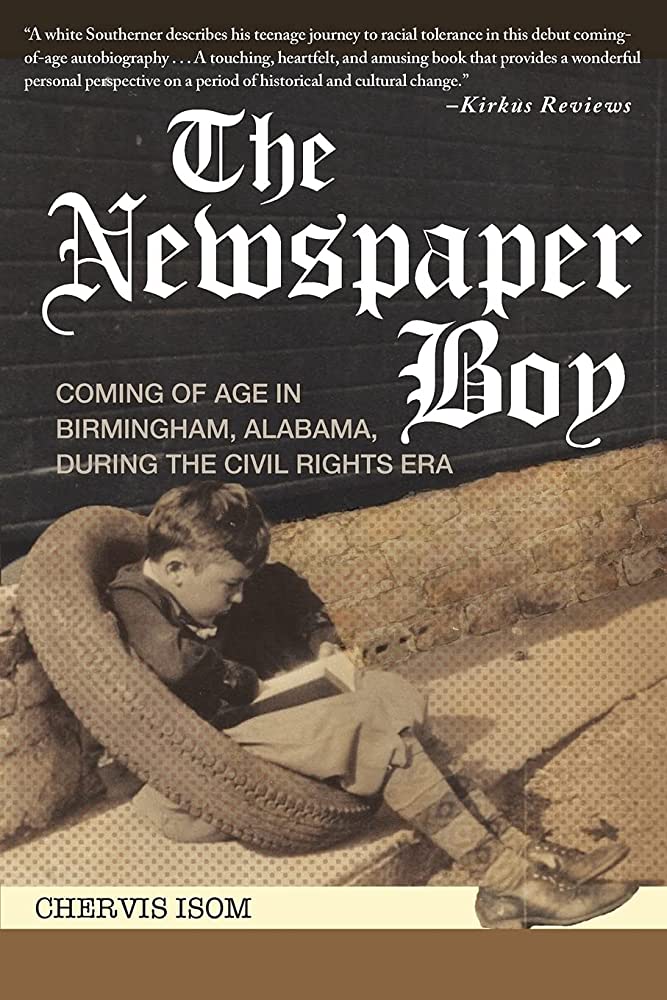
“It’s easy to say ‘Thank you’ when people do something for us, but maybe a little more difficult when someone changes the way you think over a process of years,” he said. “When do you say, ‘Thank you?’ I saw the book as that opportunity.”
After graduating from Phillips High School in 1957, Isom attended Birmingham-Southern College where he studied English and philosophy. He earned his law degree at Cumberland School of Law in 1967.
Isom practiced law for nearly 50 years, rising to senior counsel in the Birmingham office of Baker Donelson Bearman Caldwell & Berkowitz, where he worked for 48 years. He was a mainstay in several civic organizations and initiatives, including serving on the Board of Directors of the Norwood Resource Center.
As a writer, he had works published in The Louisville Review and The Birmingham Arts Journal; one of his short stories was nominated for a Pushcart Prize.
Isom hoped his life story helped people feel a part of a bigger picture: “One other thing that made me want to write it was the thought that each of us is not totally alone here in the universe, though we sometimes feel like it,” he said. “We need to be a part of a community.”
Moreover, he hoped his story would push people to try to make the world around them a better place.
“There’s a lot going on, lots of opportunities to contribute to the community,” he said. “So just get out there and do something.”

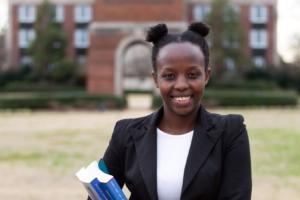
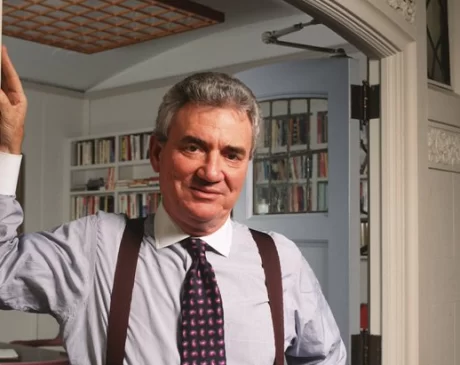
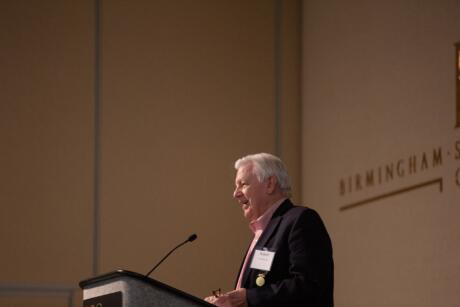
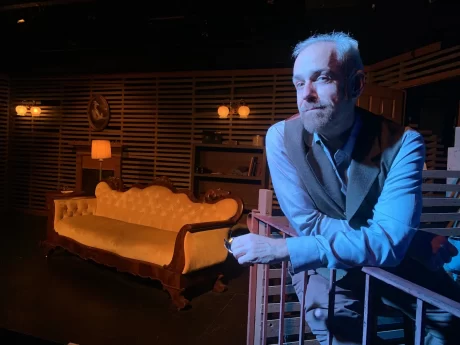
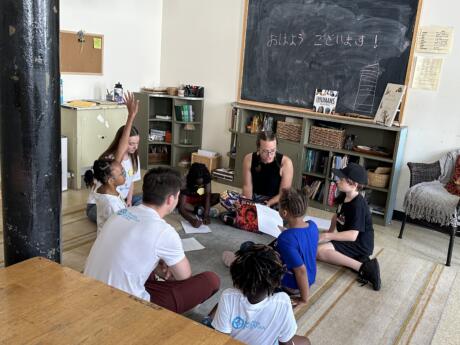





// Comments are closed //